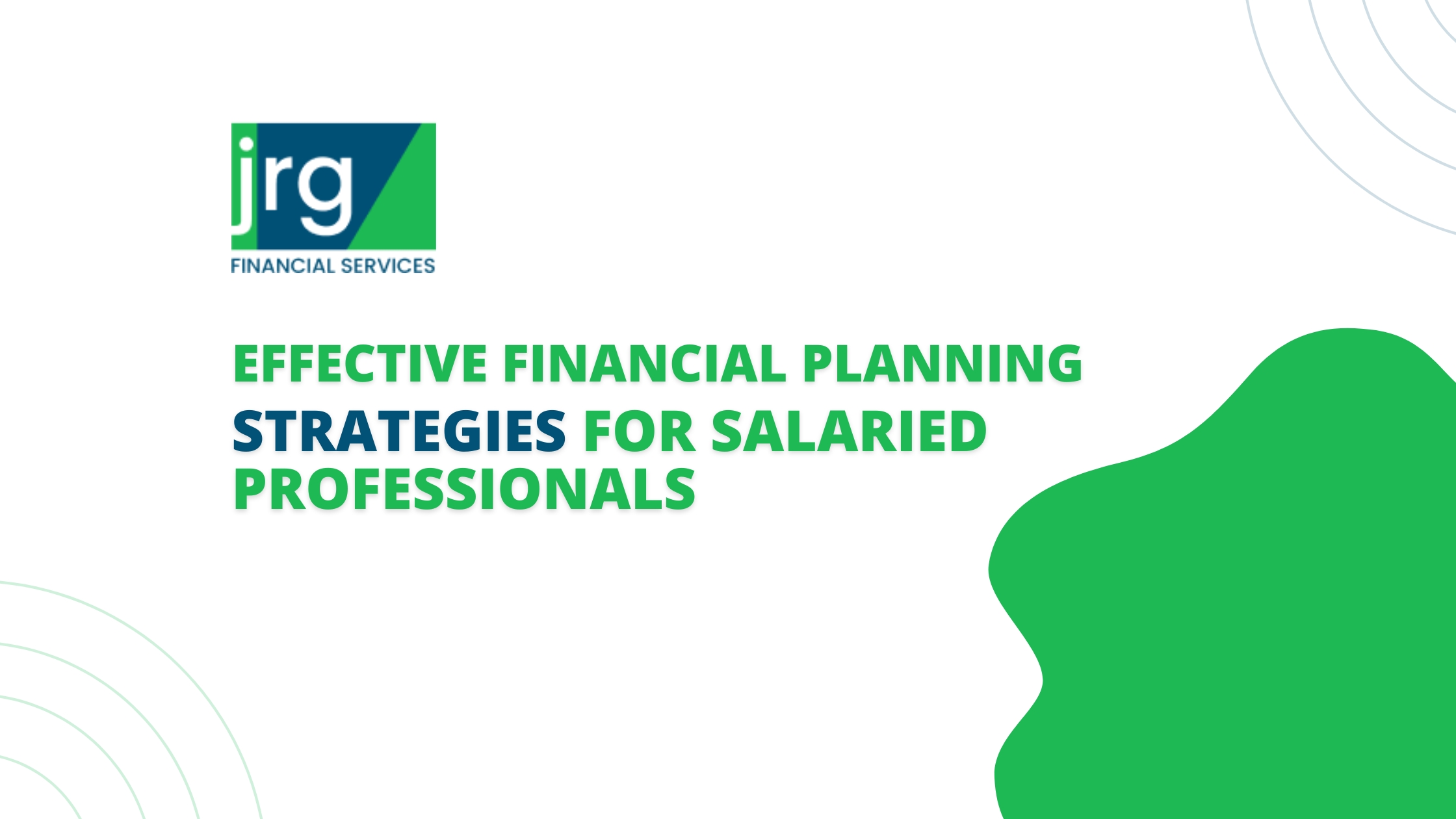Life’s quick pace today makes money planning super important, even more so for folk earning steady salaries who want to ensure they have a good financial life ahead. Not just for beginners in their career, but also for those who’ve worked for a while, effective financial planning strategies are key. It helps reach big money goals and eases worrying.
Financial Planning: The Key to Financial Security
Think of financial planning like a roadmap for your money. It guides you towards big life objectives like buying a home, retiring comfortably, or covering your kids’ schooling fees. You start by examining your existing finances, setting doable aims, then mapping out the route to reach them.
When it comes to people with a steady income, handling money wisely is key. The big reason? It makes sure you’re using your earnings well and boosting your ability to save. Plus, it gives you a guide to handle money hiccups, like surprise costs or losing work.

Here are some effective financial planning strategies specifically tailored to salaried professionals:
1. Budgeting: Kick off with a monthly budget that highlights your earnings and costs. Keep tabs on how you spend and spot places to trim or boost savings. Follow your budget to dodge over-shopping and guarantee that you’re existing within your possibilities.
2. Rainy Day Fund: Put money aside for surprise costs. This can be anything from health fees, fixing your car, or sudden unemployment. Try to gather enough to live on for three to six months. Think about keeping it in a high-earning savings account or readily available resources.
3. Planning for Retirement: Begin setting money aside for your golden years with urgency. Engage in your company’s retirement packages, like 401(k)s or pension setups, and donate a sufficient amount to get the most out of your boss’ matching contributions. Think about setting up more retirement funds, including IRAs or Roth IRAs, to add to your nest egg.
4. Handling Debt: Aim to settle your high-interest liabilities like credit card dues or personal loans rapidly. A good strategy is to put most attention to your debts with the highest interest rates first, while still making the smallest payments on the rest. Don’t acquire new debt if you can help it.
5. Insurance: Think about you and your family’s protection. Look into getting health insurance, life insurance, disability insurance, and property insurance. These types of coverage help you during surprises that could shift your financial goals off track.
6. Strategy for Investments: Shape a wide-ranging investment collection that hinges on your comfort level with risk, your timetable, and your financial aims. Think about putting money into a combo of stocks, bonds, fund pools, and diverse assets to scatter risk and boost gains in the long haul.
7. Tax Strategy: Lower your tax bill using fitting tax cuts, credits, and delay tactics. Add to tax-friendly retirement accounts like traditional IRAs or 401(k)s. Also, think about smart tax investment plans to boost your take-home earnings.
8. Look Over and Change: Keep checking your money plan often. Make changes if things are different now – maybe your life, your dreams, or the money world has changed. Stay strong and follow your plan, but be ready and willing to adjust when life throws you a curveball.

Conclusion:
Smart and effective financial planning is crucial for individuals earning a paycheck. It helps you achieve your money goals and build lasting wealth. By following these steps and staying focused on your financial plan, you gain control over your money and pave the way for a brighter future for yourself and your loved ones. Remember, financial planning isn’t a one-time event. It requires ongoing effort, determination, and patience. Start now and embark on your journey to financial independence and peace of mind.
Frequently Asked Question (FAQs)
Q. What exactly is financial planning?
Financial planning is the process of setting goals, assessing your current financial situation, and creating a roadmap to achieve those goals. It involves budgeting, saving, investing, and managing debt to secure your financial future.
Q. Why is financial planning important?
Effective Financial planning is essential because it helps individuals make informed decisions about their money. It allows you to prioritize your financial goals, such as saving for retirement, buying a home, or funding your children’s education, and develop strategies to achieve them.
Q. How do I create a financial plan?
To create a financial plan, start by assessing your current financial situation, including your income, expenses, assets, and liabilities. Identify your short-term and long-term financial goals, and develop a plan to achieve them. Consider factors such as budgeting, saving, investing, debt management, insurance, and tax planning.




